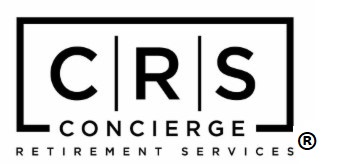
Hector asked me if it would be possible to make an early withdrawal from his retirement plan. He’s a small consultant and though he does well overall, his income tends to “roller-coaster” as he works on one project and then sets up a new one.
“I’ve been saving for years,” he explained, “so I’m hoping to skim a little cream off my own savings. It’s not like I’d be stealing the money.”
“Well, there are hardship exceptions, but…”
“That’s it, then. I’ll just claim I’m in imminent danger of going out of business. Wouldn’t that qualify as a hardship?”
I took a sip of my coffee. “I’m sure it would, but I suspect you’re just having a slow couple of months. There’s hardship and there’s hardship! Are you really on the verge of bankruptcy? Are you going to be evicted? Do you have a major health crisis? Is a dying relative burning up your work hours? Are student loans pulling you under?”
“Well … no … not really … but isn’t it my money?”
“Technically, the money belongs to the trust that contains your retirement plan,” I explained, “and there are restrictions on what that trust can do with money it holds for participants. You have a right to access your money, but you may not have a right to the money now.”
Hector sighed. “And the reason for that…?”
“Your plan allows you to wait decades before paying taxes on the money you contribute to it. The IRS wants to make sure people use that money for their old age and not for other things.”
“But if I claim hardship, won’t…?”
“If you get caught lying about it, you could actually end up in jail. Now that would be a hardship! And what would that do for your income consistency? There have even been cases where a plan administrator approved the withdrawal, and then Uncle Sam decided to challenge the legitimacy of the hardship claim. Trust me; you just don’t want to go there.”
Hector took a deep breath. “I guess it’ll be a business line of credit for me, then.”
“That’s what I’d do. Some plans do allow you to take out a loan. We can look at your options, but you’ll be responsible for making regular payments. When it comes to retirement plans—or pretty much anything else—it’s best not to play games with the IRS. And if you do experience a real hardship and need to withdraw funds early, work with your retirement plan consultant to make sure all the forms get filed and the taxes get paid.”
Why navigate the rocky waters of retirement planning without a compass? Ask the experts at Concierge Retirement Services to create a custom plan that suits your unique needs and circumstances.
